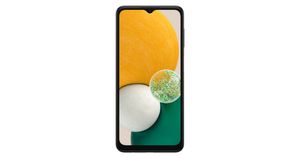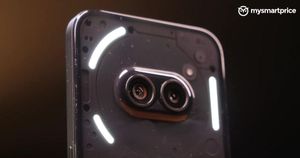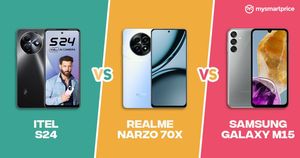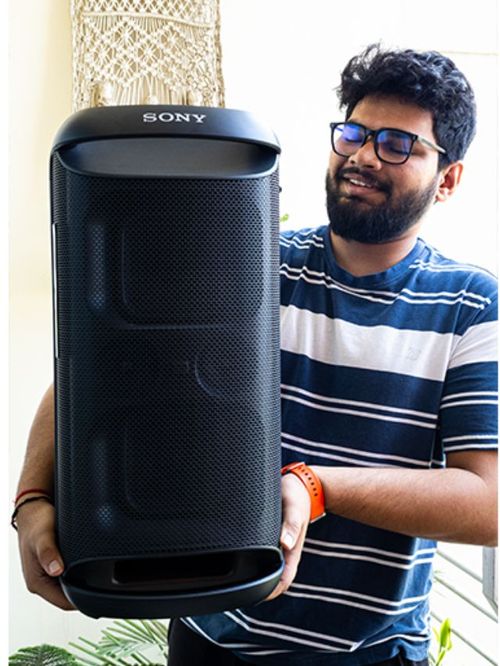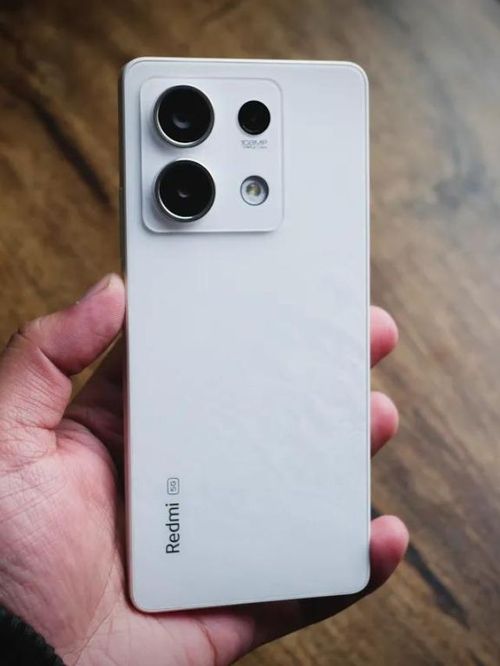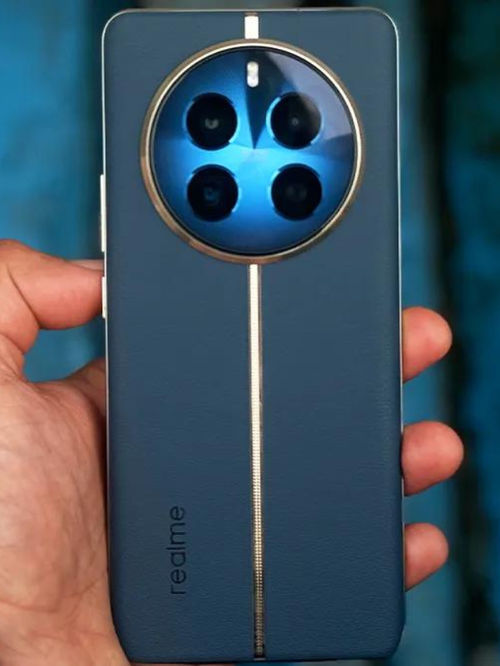Google has begun rolling out a new Pixel Launcher setting that allows users to change the default search engine in the EU. The details were first shared by well-known app researcher Mishaal Rahman who received relevant screenshots from a user. The change is a result of the newly introduced Digital Markets Act (DMA) by the EU that makes it mandatory for tech companies to follow certain requirements.
How to Change Default Search Engine in Pixel Launcher?
As per Rahman, the user received a notification on his Pixel device about the new setting. The setting offered a list of available search engines the users can pick from. It showed DuckDuckGo and Ecosia along with the existing Google search engine. The search bar icon on the home screen also changes depending on the selected search engine.
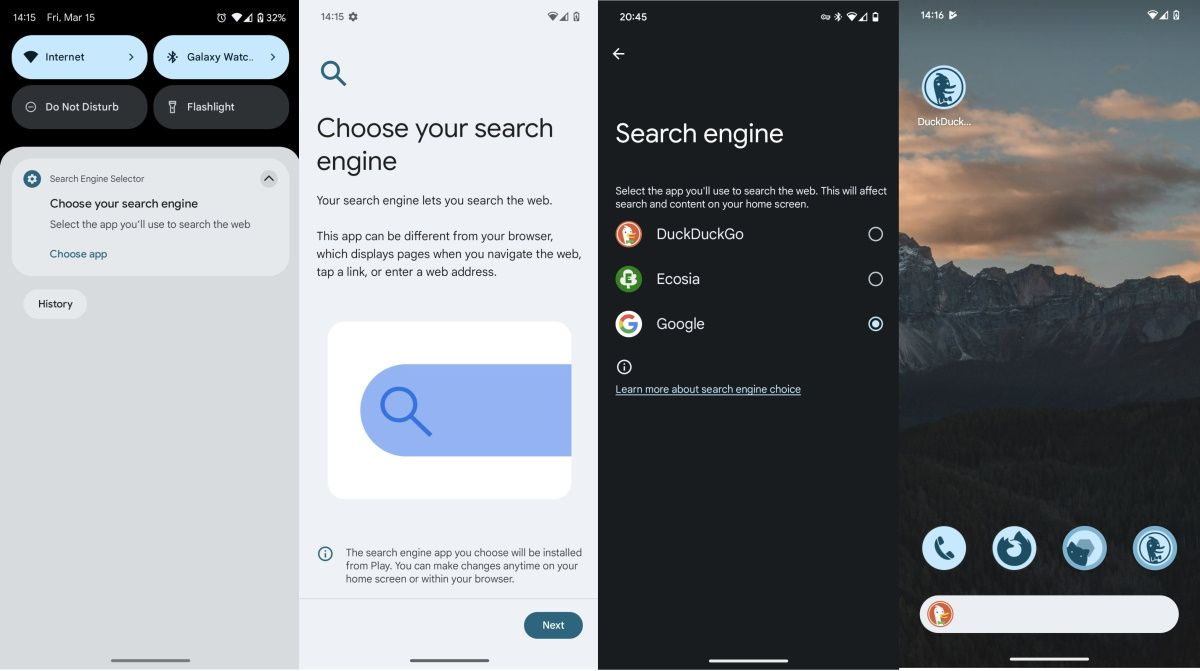
A user can change the default search engine in Pixel Launcher anytime by visiting the app settings. This can be done by tapping the Home screen search settings > Search engine and choosing from the available options.
The setting is currently limited to Europe with no words on if and when it will expand to other markets.
DMA Effect on Tech Companies
Google is not the only major tech giant to change the way it has operated in Europe since DMA came into effect. Apple recently announced changes that one could only dream of. It would soon allow web distribution of iOS apps in Europe. It will also let users download iOS apps through alternative marketplaces instead of relying solely on the App Store.
Microsoft has revealed it would let Windows users uninstall Edge, Bing, Cortana, and more in Europe. It will offer a dedicated “system” label next to system apps on Windows. It has also promised to offer more interoperability options for Windows users.
WhatsApp recently confirmed it would comply with DMA by allowing cross-platform communications in Europe. Once released, it would make it possible for users to communicate with their family and friends on other apps directly through WhatsApp. The company has plans to support text messaging, images, voice messages, videos, and files. Calling and group chats are expected to be supported later. It is currently unknown how cross-communication features will be implemented but we should hear more details in the coming months.
